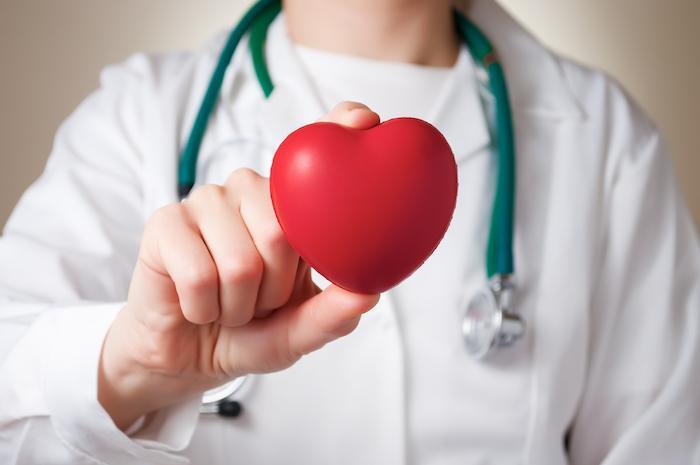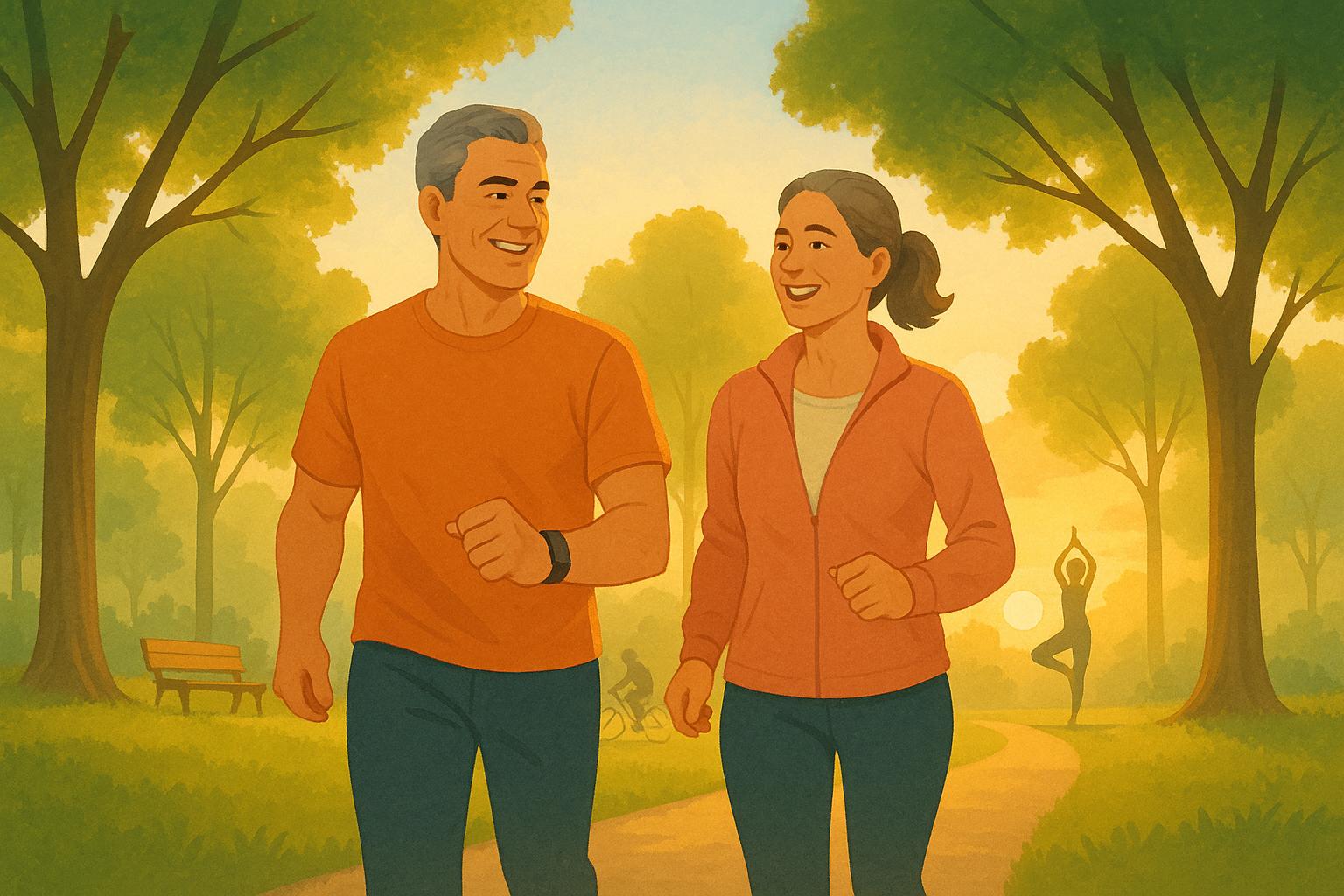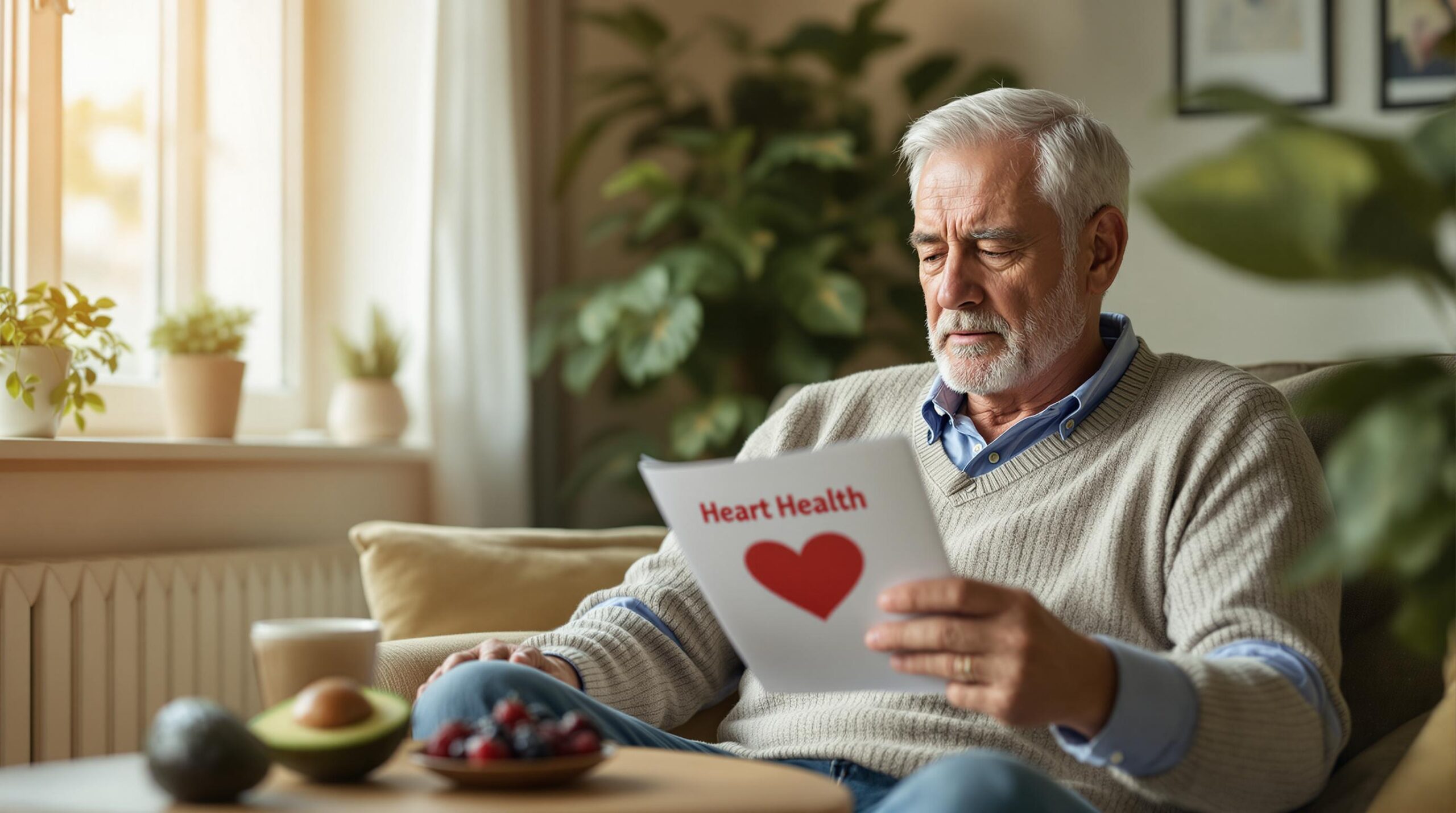Every year in the United States, more than 800,000 people have a heart attack, including about 200,000 people who’ve had a previous heart attack. Caring for yourself after a heart attack is especially important for reducing your risk of having a subsequent episode and for helping avoid other serious problems, as well.
With offices in Allen, Frisco, Plano, and Carrollton, Texas, Prime Heart and Vascular offers custom cardiology care for men and women with heart disease, as well as those who’ve had a previous heart attack. Rishin Shah, MD, and his team tailor every treatment plan to suit the patient’s medical needs and lifestyle goals. Here’s what you can do to stay healthy following a heart attack — and still enjoy the activities you love.
Get support
Having a heart attack is a life-changing event, so it’s normal to feel anxious and stressed afterward. Of course, stress and anxiety are bad for your heart (and your overall wellness, too). Finding a support group — whether in person or online — is a great way to share those feelings with others, so you can focus on the positive aspects that can help you stay healthy. Dr. Shah can help you find a group locally, and the American Heart Association website can also help you connect online.
Ask about rehab
Cardiac rehabilitation is like physical therapy for your heart. Every session is medically supervised, and you’ll learn exercises, stress management techniques, and lifestyle tips to help you protect your heart and your overall health, too. Rehab programs are available at many hospitals and medical centers, and we will optimize your rehab program just for you.
Embrace some lifestyle changes
After a heart attack, it’s more important than ever to follow a heart-healthy diet and work some cardio into your routine. The American Heart Association recommends at least 30 minutes of cardio exercise five days a week (150 minutes total) to keep your heart in good shape. As far as diet, cut out empty calories and “bad” fats, fill up on fiber, and watch your portion sizes. You can find more heart-healthy eating tips here.
Take your meds
After a heart attack, you might be given medicines to decrease your blood pressure, reduce your heart’s workload, lower cholesterol levels, manage stress, or prevent blood clots, among other things. Your medicines are prescribed for a reason, so don’t skip or alter doses. If you have side effects or you have questions about your medicines, call the office so we can help.
Know the warning signs
If you’ve had one heart attack, your risk for having a second one increases. Knowing the signs of a heart attack can ensure you get the care you need as quickly as possible. Chest pain, shortness of breath, nausea, and pain in your arm or neck are all relatively common signs, but they’re not the only ones. Familiarize yourself with this list and call 9-1-1 at the first sign of an attack.
See your doctor
After a heart attack, one of the most important things you can do for your health and peace of mind is to stay positive. And one of the best ways to do that is to have regular heart checkups with Dr. Shah. During your visit, he’ll evaluate your heart health, order necessary tests, and help you stay on track with your healthy lifestyle. Regular visits are also a great time to ask questions so you can feel confident about your heart health.
If you’ve had a heart attack or if you have risk factors for heart disease, don’t put off getting the care you need to stay healthy. Call the office or use our online form and schedule an appointment today.





